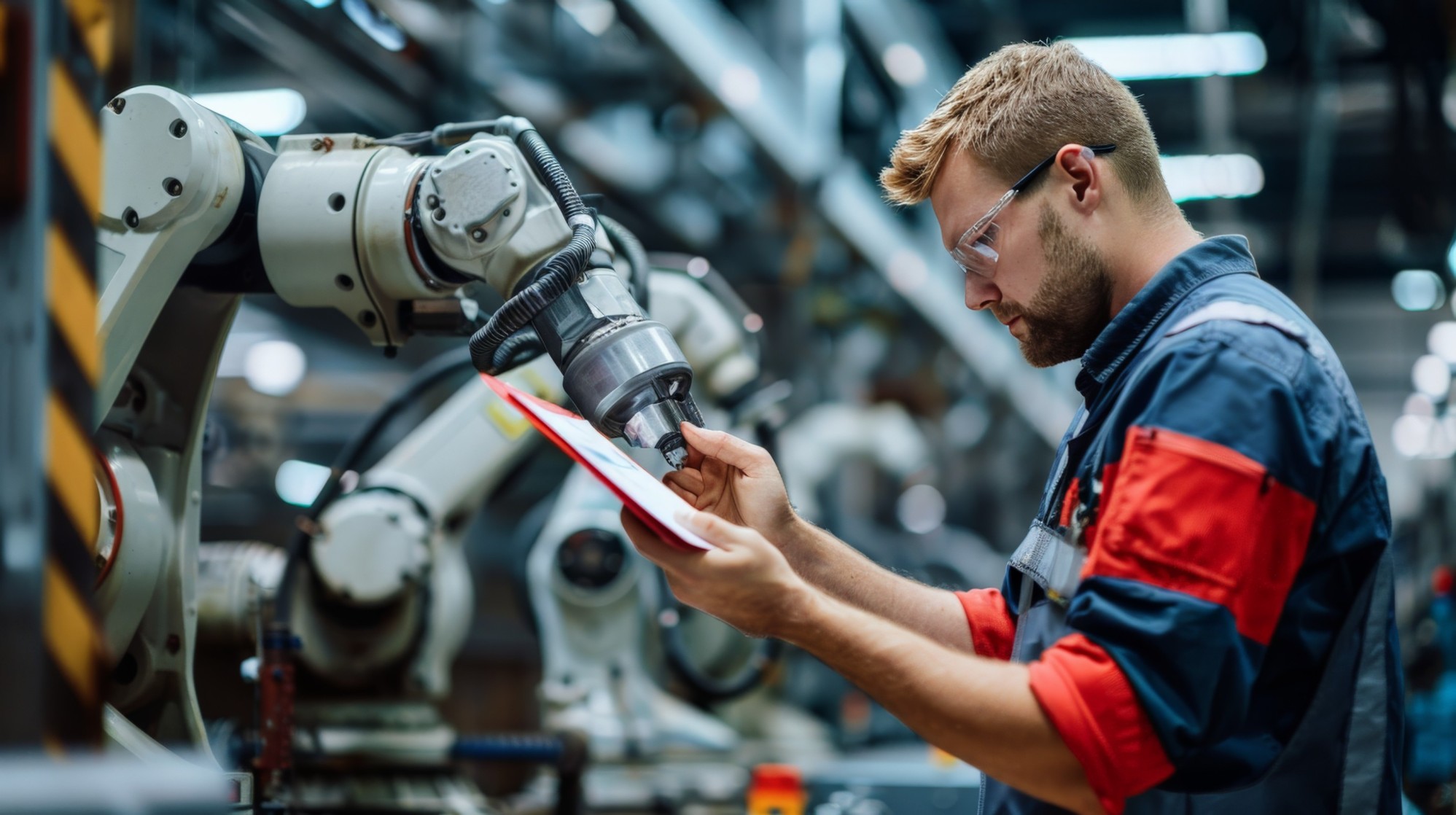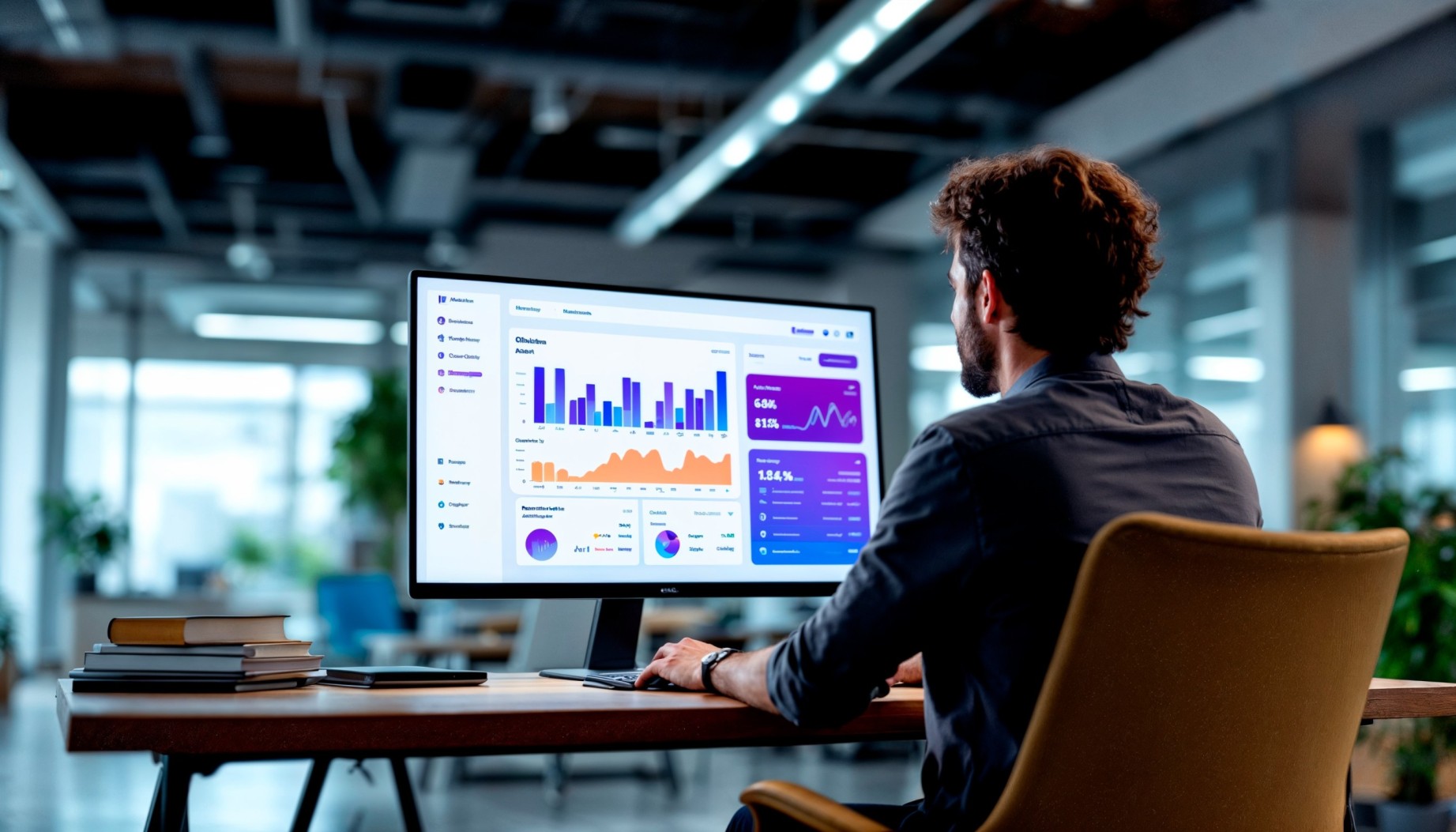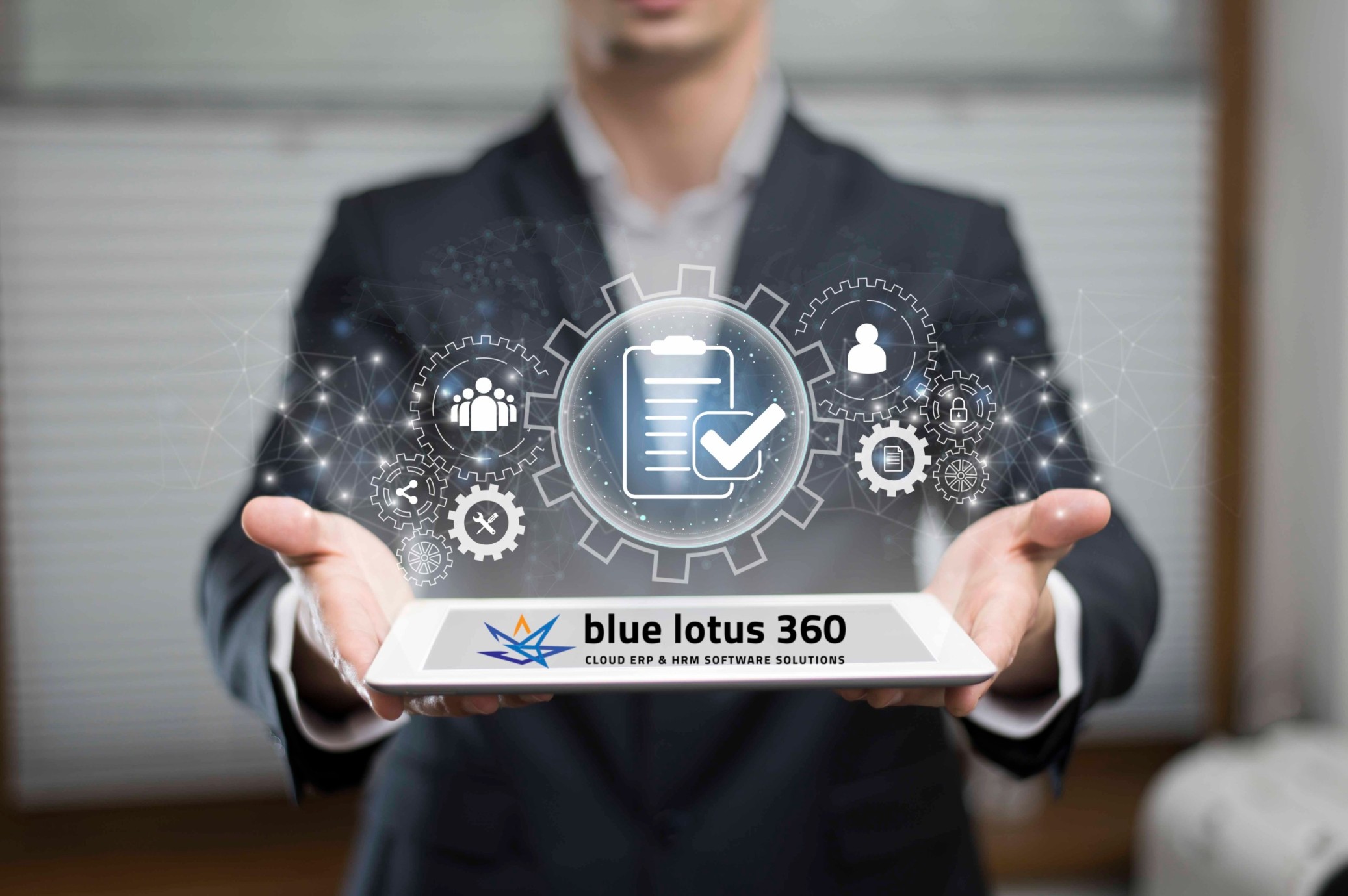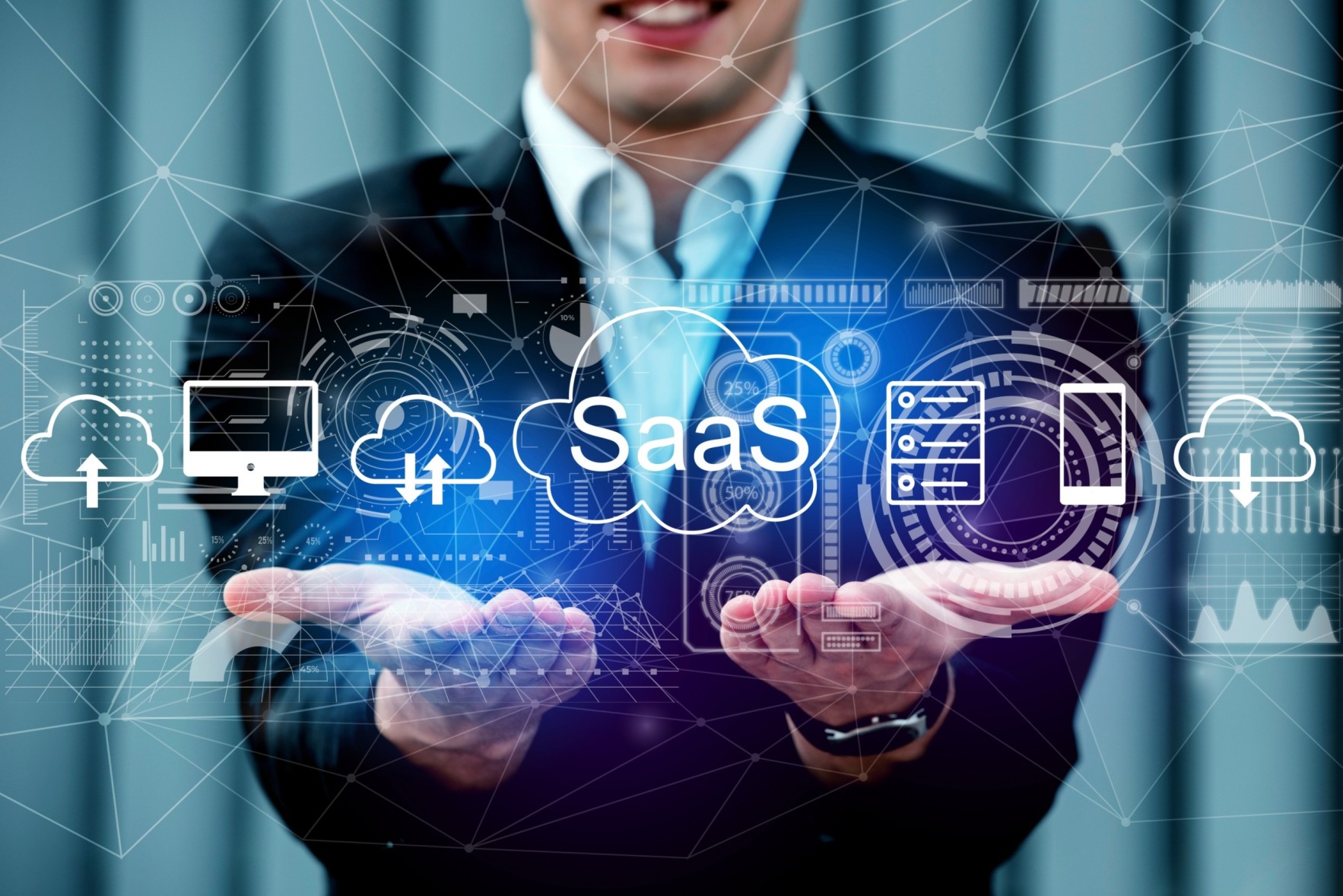The ERP (Enterprise Resource Planning) market is expected to reach $96 billion by 2032, according to forecasts. The same is true for cloud ERP for Manufacturing. Manufacturers today require technology solutions that have a great impact on improving their products.
Business management and ERP systems used to be considered back-end applications. However, these systems have been evolving to meet manufacturing demands in the UK. More and more companies are choosing cloud ERP solutions and further developing their functionality.
Top Trends in Cloud ERP for Manufacturing
Multi-Channel Integration
Compatibility with other technologies and systems is the most important feature of
best-known ERP tools. Integration solutions foster a solution where all company applications are connected. It ensures that the inventory is always up-to-date. Besides, companies are looking for systems to create connectivity between machines, sensors, and ERP systems.
User-Friendly Interfaces With Sustainability
A key trend in ERP systems is creating interfaces that are easy for everyone in an organisation to use. So that companies can save time and resources that would otherwise be spent on extensive training.
These user-friendly ERP systems ensure employees at all levels can quickly understand and use the tools effectively. Additionally, incorporating sustainability into these designs reflects a modern approach to technology. It emphasises efficiency and reducing waste in both time and resources.
Security
As the mergent threat of hackers and cyber criminals, security measures have become vital for any ERP trend. UK businesses consider security enhancements because confidentiality is a critical part of compliance with industry standards for data and business.
Implementation of Generative AI
Generative AI or Gen AI, is a new trend that will shape ERP systems. A traditional ERP system uses AI to automate processes. GenAI creates new possibilities, such as:
- Data Interaction: Chatbot functionalities enable users to query data and generate reports efficiently.
- Productivity Gains: GenAI tools assist in automating routine tasks, freeing up human resources for strategic initiatives.
However, the adoption of GenAI in ERP systems is in its early stages. Cost concerns and limited real-world applications within ERP environments mean that its transformative potential is still a few years away.
Expanding ERP Functionality
Manufacturers are searching for ERP systems that handle multiple varied operations in
a single package. ERP vendors are integrating standalone applications into their offerings, such as:
- Growth Engines: While e-commerce, for instance, is being integrated within ERP systems, new capabilities such as EDI and time tracking are being packaged into ERP systems.
- Connected Workforce Solutions: Tools that enhance frontline worker productivity are becoming popular.
Managing innovation and stability
Manufacturers struggle to balance innovation with maintaining a stable ERP core. In order to enable edge innovations like customer experience improvements and supply chain advancements, organisations must modernise their ERP systems. At the same time, a clean, standardised ERP core is essential to support these initiatives effectively.
Cloud migration, AI capabilities, and consolidation of diverse functionalities will dominate manufacturing ERP. Make sure to choose the right ERP software system solution for Manufacturing. It is necessary for the ERP to adapt to these new manufacturing trends.
Final Thoughts
In conclusion, cloud ERP continues to transform the manufacturing sector, offering flexibility, scalability, and advanced features like AI, IoT integration, and real-time analytics. Staying updated with these trends can help manufacturers remain competitive and future-ready. Blue Lotus 360 provides cutting-edge cloud ERP solutions designed for manufacturing businesses in the UK, Canada, and Sri Lanka. Explore how our innovative ERP systems can help you leverage the latest trends and drive success in your manufacturing operations. Contact us today!













